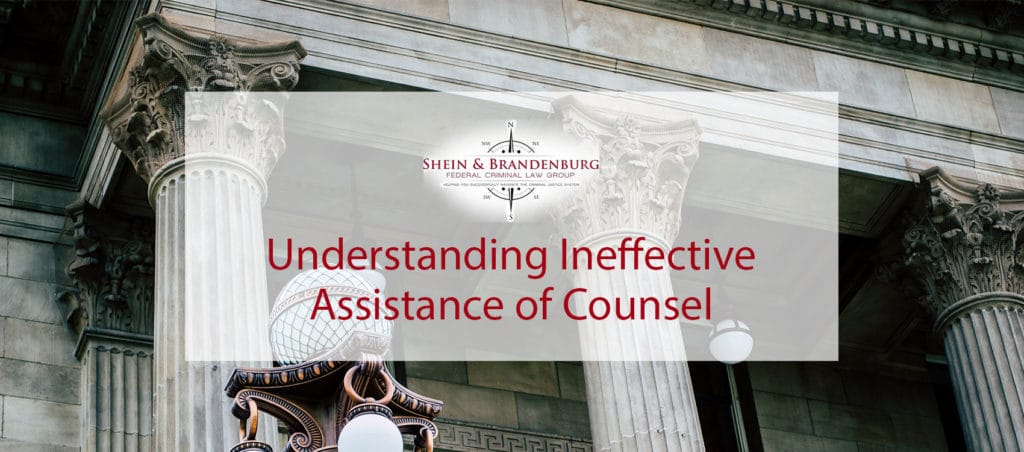A man on Texas death row was recently allowed to move forward in a criminal appeal concerning whether the man’s legal counsel was deficient during the sentencing phase of a trial involving allegations that the man strangled and raped a 16-year-old in Waco in the late 1980s. As part of this ruling, two of three judges on a 5th United Circuit Court of Appeals panel rejected claims that the man is mentally impaired and resultantly ineligible for execution. This case represents an example of how deficient counsel claims are made, which if done correctly, can be the basis of a particularly strong appeal.
How the Case Arose
The man mentioned above was arrested in 1987 after the body of the young victim was found. The man was released, however, due to an improper search warrant and was not arrested again until 1996. The man also previously initiated an unsuccessful appeal arguing that because the man was in the United States illegally, he should have received protection. During another appeal in 2012, the 5th circuit also held that the man’s childhood poverty and history of being abused by his father did not require a life sentence rather than the death penalty.
The appeal in question raised 13 errors associated with the man’s 2014 hearing including arguments that false evidence was used, that evidence did not support a capital murder conviction, that jury charges and instructions were improper, and that the man received the assistance of deficient legal counsel. The right to effective counsel is a long-recognized and fundamental right for anyone charged with a federal crime.
The Origins of the Right to Effective Counsel
The United States Supreme Court has ruled that the Sixth Amendment and Fourteenth Amendment of the Constitution grant a person who is subject to a criminal trial the right to effective assistance of counsel. Denial of this right could later serve as the grounds on which to base an appeal.
It is important to note that this right attaches once a person has been formally charged with a crime. Establishing that a lawyer did not represent a person effectively can be challenging and requires a person to show much more than just that a mistake was made by the original attorney. Instead, these claims require a person to establish that the legal counsel failed to perform at the standards expected of members of the legal profession and that if it were not for the lawyer’s deficient representation, the case would have had a different resolution.
The right to effective counsel does not end at the time that a person is convicted, either. For example, in the case mentioned at the beginning of this article, the defendant argues that counsel was ineffective during the sentencing phase. As a result, this right extends to representation during the plea bargaining process, as well.
Speak with an Experienced Criminal Defense Attorney
The appeal process can be particularly complicated and involves many complex laws. If you need assistance with your appeal, do not hesitate to contact the Federal Criminal Law Center today.


